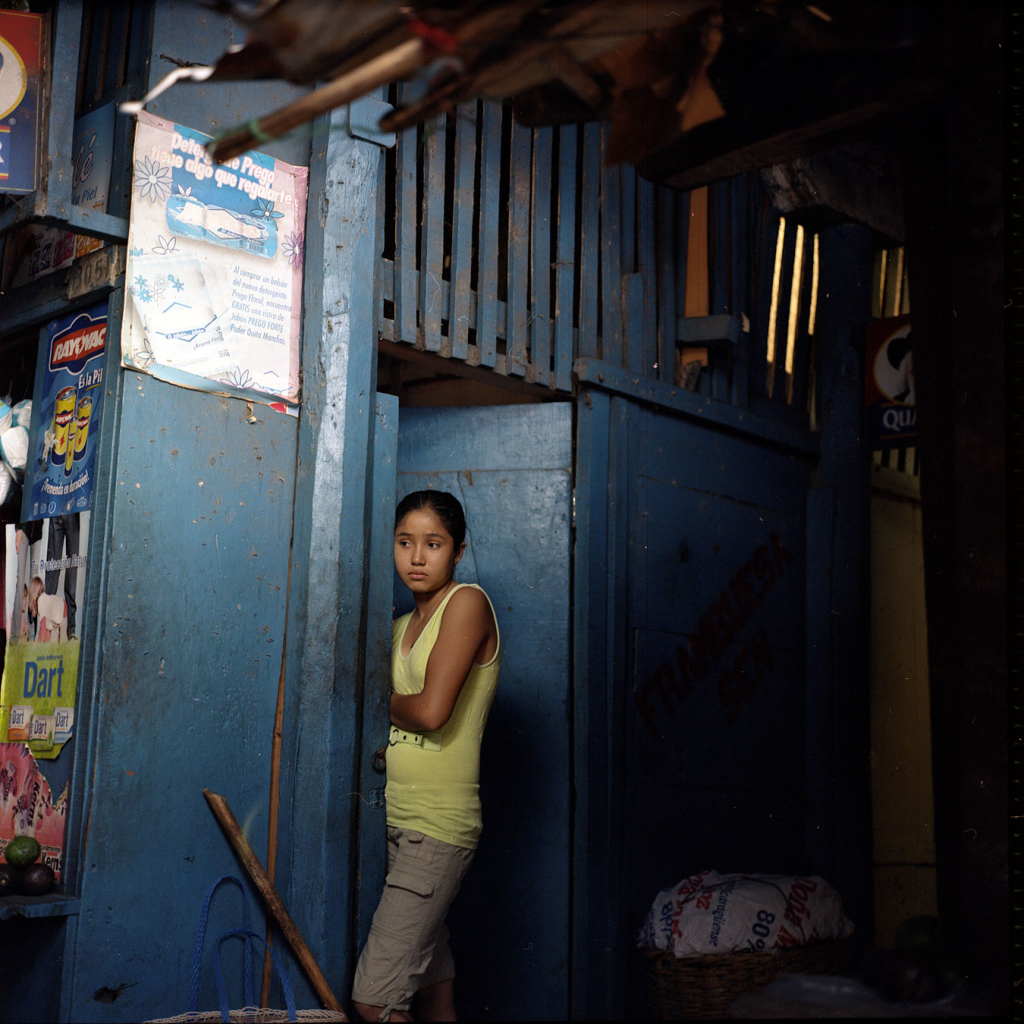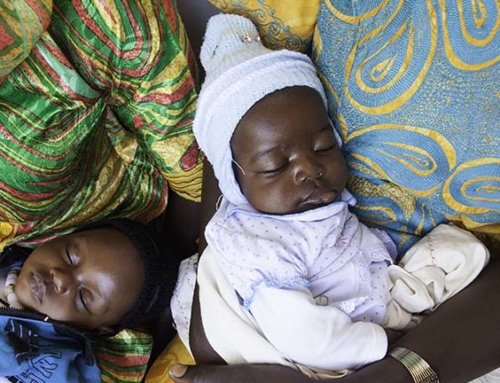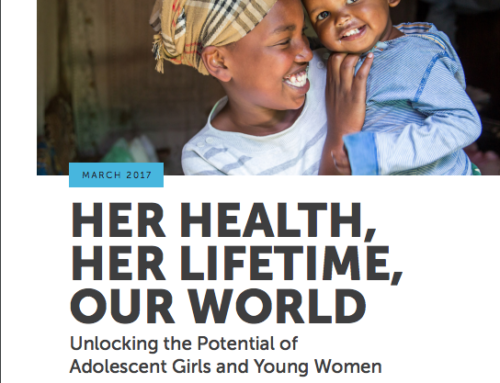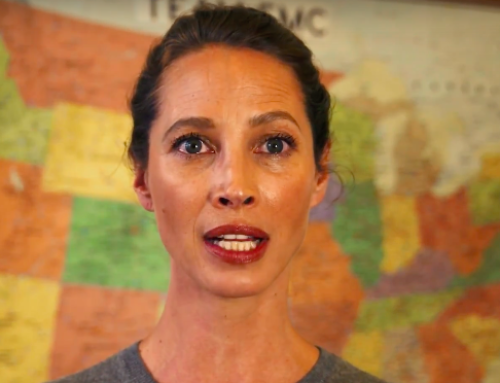
Photo Credit: James Leocadi / Flickr
Last month I traveled with a CSIS colleague to Nicaragua, a small Central American nation with a population of around 6.15 million. The purpose of our trip was to examine Nicaragua’s immunization programs in the context of support from Gavi, the Vaccine Alliance. As we sought to situate what we learned about immunization programs within the broader context of maternal and child health in Nicaragua, we were struck by the number of adolescent girls who become pregnant at a very young age and considered what implications this may have for the health outlook of Nicaragua’s newest families.
Nicaragua is a young country, with around 40 percent of the population under the age of 20. And half of all women in Nicaragua have delivered a baby before reaching the age of 20, making Nicaragua the country with the highest percentage of births to adolescents outside of sub-Saharan Africa. Many of the country’s youngest mothers live in rural areas and are among the poorest of the poor, with limited or no education. Adolescents face difficulties securing access to contraception without parental permission and many of the country’s youngest mothers become pregnant because someone in the home has raped them.
Despite strong laws protecting the rights of children and policies promoting the access of pregnant women to health services, addressing the challenges of adolescent pregnancy and maternal mortality in Nicaragua has proven difficult. When it comes to intra-familial sexual abuse, some people with whom we spoke noted that law enforcement officials can be reluctant to intervene in family affairs. Nicaragua has reduced maternal mortality, but the rate remains high, at 150 deaths per 100,000 live births. In 2010, according to the Pan American Health Organization (PAHO), 20 percent of all maternal deaths in Nicaragua were among adolescents. Young mothers and their children are most likely to be isolated from health care services and miss out on education related to health and well-being.
Half of all women in Nicaragua have delivered a baby before reaching the age of 20, making Nicaragua the country with the highest percentage of births to adolescents outside of sub-Saharan Africa.
Since 2011 the United States has scaled back its bilateral development assistance on health in Nicaragua, even as it continues to fund programs related to transparency, accountability and citizen engagement. Yet if the United States wishes to protect its global-level investments in Gavi and ensure that immunization programs in transitioning countries are sustainable, then integrating the most vulnerable mothers and children into the health system remains important. If the United States is committed to ending bilateral support to Nicaragua on maternal and child health, then finding innovative and ways to support Nicaragua’s youngest mothers in public discussion about family health and their own well-being should continue to be a funding priority.
TO DOWNLOAD FULL COMMENTARY, CLICK HERE.






